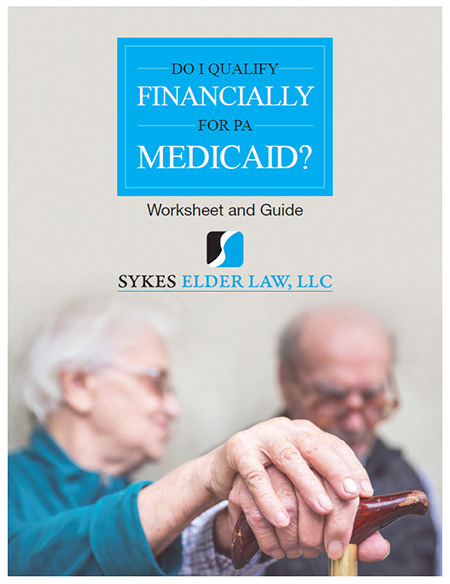At the end of 2016, we adjusted the Medicaid Current Numbers page on our website to display the figures effective January 1. For those unfamiliar with the terminology of that page, here is a guide:
“CSRA” – Community Spouse Resource Allowance
When a Medicaid applicant has a spouse who is not also in a nursing home (referred to as the “community spouse”), the community spouse may keep a certain amount of the couple’s non-exempt assets. (Click here to read more about how the CSRA is calculated.) The formula is one-half of non-exempt assets on the institutionalized spouse’s date of admission, subject to a minimum and a maximum.
The CSRA Minimum and CSRA Maximum are updated for inflation every January 1.
“MMNA” – Monthly Maintenance Needs Allowance
This is the amount of income the community spouse is entitled to receive. Like the CSRA, the MMNA is subject to a minimum and a maximum. Both figures update annually – the minimum every July 1, and the maximum every January 1.
Shelter Standard
A formula determines the amount of the community spouse’s MMNA. Part of that formula is based on the community spouse’s shelter costs (what he or she needs to operate the residence). The “Shelter Standard” is part of that formula. Another part is what the community spouse needs to pay utilities; for this part, the formula prescribes using one of three utility standards, depending on what utilities the community spouse actually pays: “Heating,” “Non-Heating,” or “Telephone.”
Personal Needs Allowance
A Medicaid recipient pays his or her income to the nursing home to pay for care, subject to certain deductions. One deduction is the “Personal Needs Allowance,” an amount of money the Medicaid recipient can keep each month to pay for personal items not included in medical care or room and board. As of this writing, the Personal Needs Allowance in Pennsylvania has been $45 for nearly 10 years.
Home Maintenance Deduction
Another deduction is the “Home Maintenance Deduction,” which allows a Medicaid recipient to pay for maintenance of the residence during the first six months of eligibility.
Penalty Divisor
When a person first applies for Medicaid, the state checks to see if the applicant (or the applicant’s spouse) has made any gifts during the five-year look back period. If a gift was made, and was not an exempt transfer, then there will be a penalty in the form of a period of ineligibility for benefits. To determine the period of ineligibility, the amount of the gift is divided by the current “Penalty Divisor.” That calculation results in the number of months and days the applicant will be ineligible as a result of having made a gift.
Resource Limit
Some of the Medicaid applicant’s resources are considered exempt. To be eligible for benefits, the applicant must spend his or her non-exempt resources down below the applicable “Resource Limit.” The Resource Limit will be either $2,400 or $8,000, depending on the amount of the applicant’s gross monthly income.
Excess Home Equity Limit
Medicaid applicant’s home is entirely exempt, as long as the equity in the house falls below the “Excess Home Equity Limit.” This figure is updated for inflation annually.






